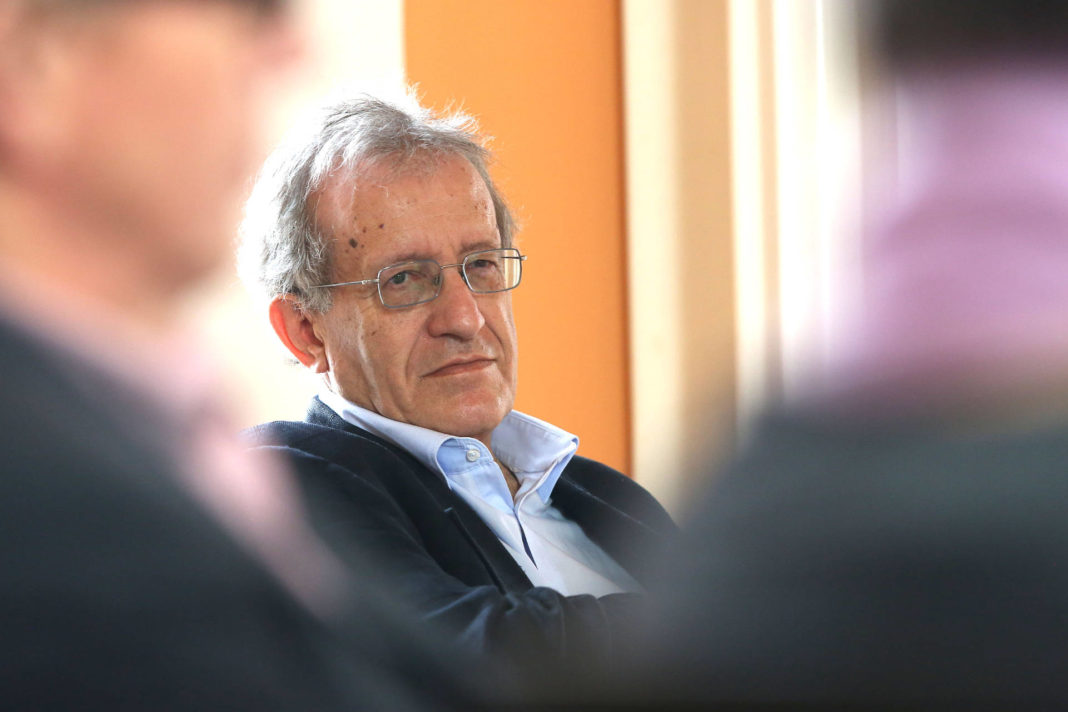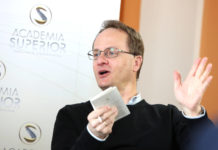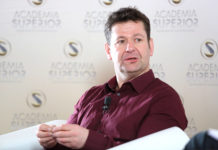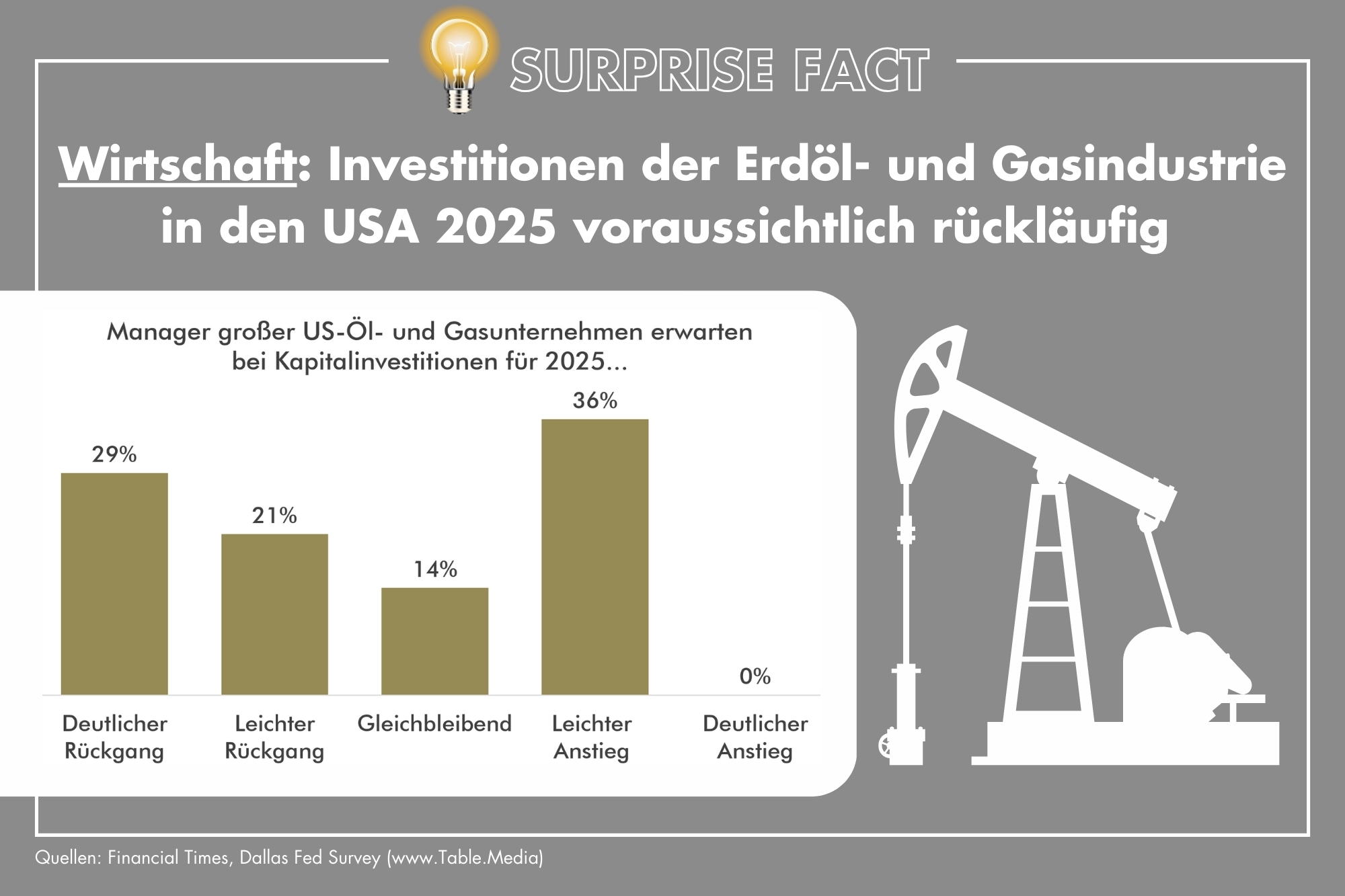This year’s symposium was based on the principles developed by John Collins in his widely publicized book “From Good to Great”, 2001, which aim to generate top results in economic as well as social organizations. In national and European rankings Upper Austria is above average both as a business location and as a living environment for a modern society. This position can only be maintained and further improved if complacency and satiety do not spread and if it is not taken for granted that the conditions for high performance are self-evident.
„Inevitable changes and surprises will challenge regions over and over again.”
The future position of Upper Austria will be challenged by unavoidable changes in the environment of the province and, again and again, by surprises. It would be unrealistic not to expect structural weaknesses. Therefore, it is logical to seek strategies for excellence in certain areas where Upper Austria has good conditions or can produce them.The question of how to get „From Good to Great” was first illuminated in in-depth interviews with a number of guests who achieved internationally highly regarded top performances in very different areas and who were willing to share their experience and to interpret it, a procedure that has become a very fruitful tradition at the Surprise Factors Symposium: The guests this year were a conceptual and installation artist (Norbert Brunner), a scientist whose research on vaccines against Ebola created a worldwide stir (Herta Steinkellner), the very successful manager of the British sports organization (Sue Campbell), and a politician with a focus on economic policy (Oswald Metzger), whose parliamentary work is greatly respected in Germany.
Two of the guests were responsible for large institutions (sports management, parliament). The other two – the artist and the scientist – were more concerned with questions of personal motivation that make achieving excellence possible, as well as successful cooperation and teamwork.
The guests’ various areas of expertise – professionally as well as in their national and individual character (an Austrian woman, an Austrian man, a Briton, a German) – made it possible to move from specific circumstances to more general insights. The discussions were further stimulated by the students, who represented the younger generation. Hence, also age-specific divergent views came to light.
Special attention was given to three key issues:
- the question of the preconditions for exceptional creativity and great innovative ability,
- the question of how to spread the effort to achieve peak performance and how to introduce it into institutions, society, and politics,
finally, reflections on strategies that can ensure quality of life in a future with social and demographic change and hence for younger generations.
As has been a tradition at the symposium for years, in a discussion with Governor Josef Pühringer and State Minister Michael Strugl conclusions were drawn for Upper Austria.
Repeatedly and in several stages of discussion, considerable attention was given to opposing theses: One was whether crises, disadvantages, shortcomings or even emergencies trigger off special achievements and, in connection with this, whether personal and social discipline are a prerequisite for success. Or, on the other hand, whether the emphasis on individuality and the pursuit of non-conformity lead to the expectation of successful innovations and whether public funding and adequate facilities – such as scientific research – create more favorable conditions. The latter could indeed, as suspected, contribute to the exhaustion of effort and to satiety. In any case, there was agreement on the fact that without strong personal motivation and perseverance in creating something special, extraordinary achievements would not be achieved.
Neither companies nor an organization or a province can be „great” in all areas. The task of strategies is therefore to develop criteria for selection on the one hand and to avoid frustration on the other. In those areas where the conditions for international excellence are not yet available today, encouragement, learning from the best, and longer-term perspectives should be offered.
The representatives of the younger generation campaigned for Upper Austria to distinguish itself as a province with a high level of happiness. The term „happiness” seemed problematic for the elders because it could lead to loss of motivation. They rather took the view that successful achievements led to personal satisfaction and quality of life.







